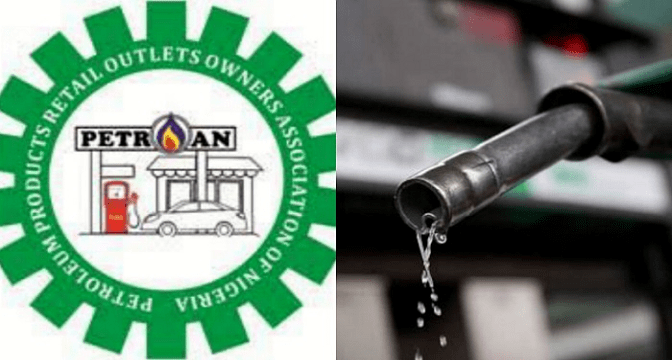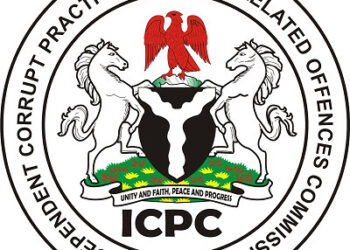The Petroleum Products Retail Owners Association of Nigeria has lauded President Bola Tinubu’s decision to ban the importation of foreign goods produced locally.
On Tuesday, PETROAN national president Billy Gillis-Harry, while commending the government’s efforts to strengthen the domestic economy and promote local content, called for careful implementation to avoid unintended consequences.
Mr Gillis-Harry urged the government to ensure that the policy does not lead to shortages or price increases, particularly in the petroleum sector, where local refining capacity is still being developed.
He advised that essential and sensitive products, such as petroleum products, pharmaceuticals, and other highly consumable goods, should be gradually phased out.
He said this was because some products may not be readily available locally, or their local production may be insufficient to meet demand, leading to shortages and price hikes.
“Factors that may necessitate importing goods include: unavailability of specialised technology or expertise locally, higher quality standards of imported goods, economies of scale favouring imports and strategic or critical nature of the product,” he said.
He said that by promoting local content, the policy could stimulate economic growth, create jobs, increase domestic production, reduce reliance on foreign goods, which could help narrow the trade deficit and conserve foreign exchange.
Speaking on its disadvantages, he said banning imports could lead to shortages of essential goods, particularly if local production was insufficient or unreliable.
“Limiting importation can result in higher prices for consumers, as local producers may not be able to meet demand efficiently, leading to inflationary pressures.
“There is need for energy security. Our primary concern is the availability and affordability of petroleum products in Nigeria to meet the daily consumption volume of over 46 million litres of petrol and other petroleum products.
“We must ensure that our policies do not compromise energy security, as this could have far-reaching consequences for the economy and the well-being of Nigerians,” he said.
He, however, called for increased investment in local refining infrastructure and support for domestic industries to enhance their competitiveness.
Mr Tinubu on Monday okayed a ban on the importation of foreign goods by ministries, departments, and agencies available in the country, without a waiver from the Bureau of Public Procurement.
The new policy, dubbed the ‘Renewed Hope Nigeria First Policy’, aims to strengthen the domestic economy, promote local content, and reduce Nigeria’s dependence on imports.




































